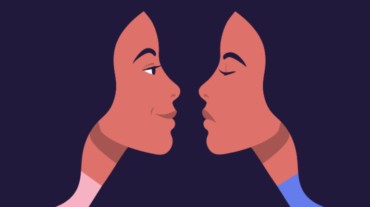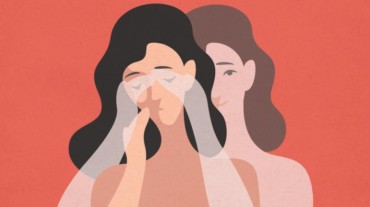
We all feel down and out once in a while, and that’s quite normal. But if you find yourself feeling gloomy and terrible (to say the least) almost all the time, there’s a high chance that you may be suffering from clinical depression. Fret not, it can be tackled with medication and guidance from a therapist.
Depression isn’t just one kind, as most people think. It can show up in different ways. It could arise due to certain changes in your life, while others happen due to certain chemical changes in your brain. Whatever may be the case, it is important to seek a mental health practitioner who can diagnose you correctly, and let you know the way forward.
So without further ado, let’s understand the different kinds of depression that exist.
Some also call it a major depressive disorder. In this case, people feel depressed almost every other day of the week.
Some other symptoms include:
You might have this disorder, in case you show up with five or more of these symptoms for two weeks or longer.
It isn’t necessary that everyone will have the same symptoms. Some could show distress, while others could feel very restless. Some might even feel intensely sad and dismiss good things that happen to them. If you have melancholic depression, your symptoms may get worse in the mornings, right after you wake up.

In case your depression has been carrying on for more than two years or longer, you could be suffering from persistent depressive disorder. This means you have two conditions simultaneously, known as dysthymia (low-grade persistent depression) and chronic major depression.
Also, read: These signs clearly mean that you are coming out of depression
Some of the most common symptoms include:
Select Topics of your interest and let us customize your feed.
PERSONALISE NOWThose who are suffering from bipolar disorder have fluctuations in mood that could show up in the form of high energy bursts to awfully depressive episodes. Medication can bring your situation under control. Some of the approved medicines by the FDA include seroquel, latuda, and olanzapine-fluoxetine combination. Psychotherapy also helps in such cases.

Seasonal Affective Disorder is a period of major depression that most often happens during the winter months. It doesn’t affect people during the spring and summer seasons.
Also, read: Here are 4 reasons why you got hit by postpartum depression and how it can be prevented
For those who suffer from this disorder, antidepressants can help, and so can therapy. Also, sitting before a special lightbox for about 30 minutes a day can prove to be beneficial.
Those who have psychotic depression show symptoms of major depression along with “psychotic” symptoms:
A combination of antidepressant and antipsychotic drugs can help to treat such patients.

There are so many women who undergo depression in the weeks and months after childbirth. Antidepressant drugs can help similarly to treating major depression that is unrelated to childbirth.
Ladies, it’s important to see a mental health practitioner in time, and get the right treatment before it’s too late!